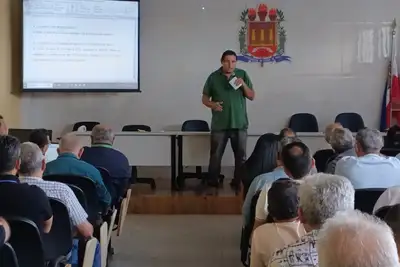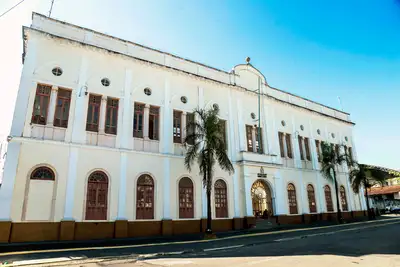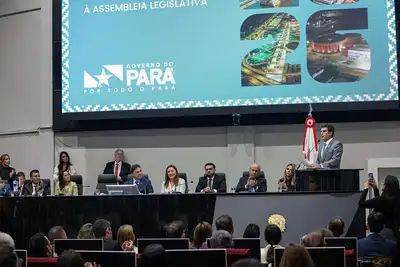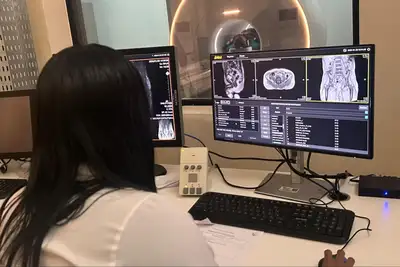Metropolitan Hospital presents organ procurement protocol at event
Team shares experiences with students and health professionals in Belém
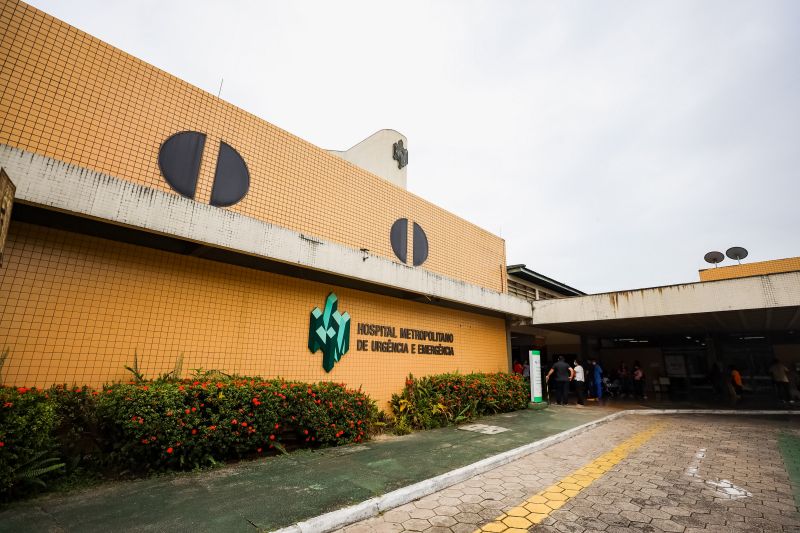
As a reference in the care of patients with medium and high complexity traumas, the Metropolitan Emergency Hospital (HMUE), which is part of the public health network of the Pará government, receives daily people who may be eligible to donate organs and tissues.
To discuss this topic, the care flow, and the complexity of the process, healthcare professionals from the unit, located in Ananindeua, participated on the afternoon of this Monday (29) in an event aimed at students and professionals in the health field at a college in Belém. The activity focused on the exchange of experiences regarding organ procurement and was an extension of the programming week held during the Green September campaign.

At the Metropolitan Hospital, liver and kidney donations can only occur if the hospitalized patient progresses to Brain Death (BD), a condition characterized by the irreversible loss of all brain functions, including the control of breathing and functions that sustain heartbeats and blood pressure. To confirm this condition, the hospital follows a strict protocol that includes conducting tests and issuing opinions from three experienced doctors.
From diagnosis to donation
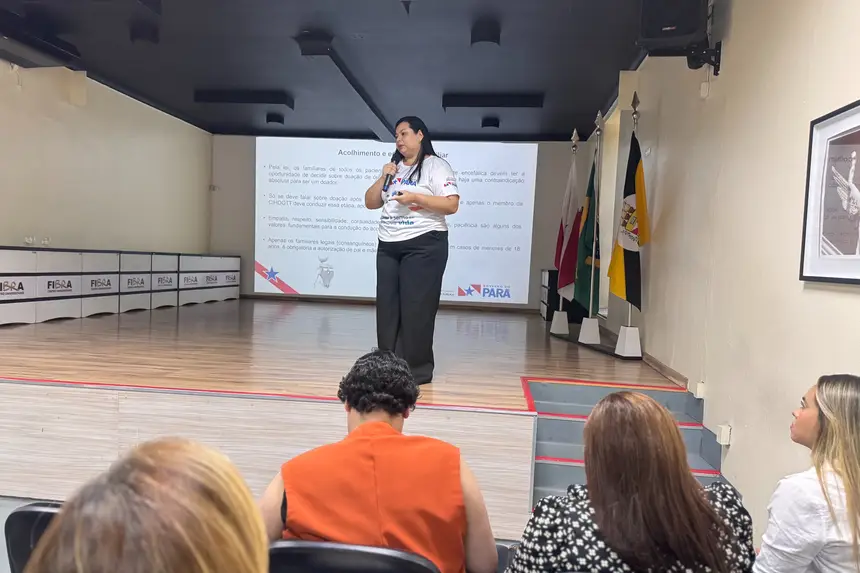
With the confirmation of the condition, the procurement protocol is activated, which involves obtaining family authorization and immediate communication to the State Transplant Center (CET-PA). The entire process is monitored by the team from the Intra-Hospital Commission for Organ and Tissue Donation for Transplantation (CIHDOTT).
In 2024, HMUE was responsible for 33.3% of the procurements carried out in Pará, strictly following all established criteria. From 2023 to 2025, 150 organ and tissue procurements were recorded.
Reference in Pará
At the event, specialists presented the structure and protocols adopted by the hospital in the procurement process, highlighting the importance of integration between the hospital network and future health professionals.
The presentation was conducted by the CIHDOTT of HMUE, the department responsible for organizing, guiding, and executing actions that enable organ donation within the institution. The coordinator of the Commission, Luan Jaques, emphasized the relevance of the meeting. “Participating in this moment is very important because it allows us to share our practical experience with students and professionals who will soon be directly involved in health care. The Metropolitan Hospital, due to its care profile, is today one of the largest contributors to the state organ procurement network, helping to save many lives,” he highlighted.
Student Waldimeire da Silva, from the 4th semester of nursing, participated in the activity and was surprised by the entire flow carried out at the hospital. “I had already researched the topic superficially and really enjoyed learning more deeply. These are knowledge that contributes both personally and professionally. I have already declared at home that I am a donor,” she emphasized.


